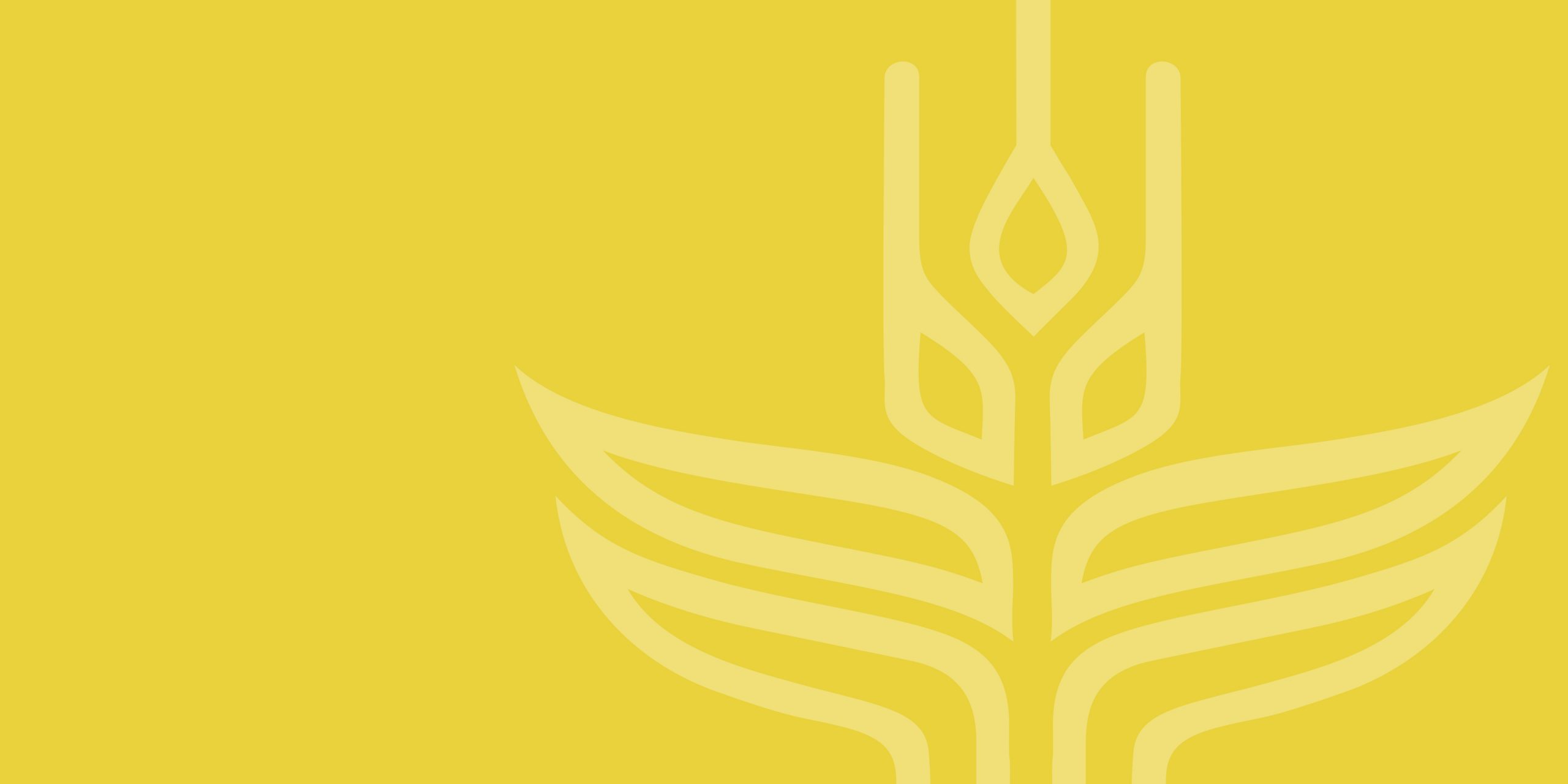Many of the Alliance’s success stories were made possible thanks to our deep ties to the CGIAR research portfolio. Much of our climate work falls under the CGIAR Research Program on Climate Change, Agriculture and Food Security (CCAFS), which is led by the Alliance and is one of CGIAR’s four Global Integrating Programs. The Alliance researchers are major contributors to the CGIAR System’s programs, which span priority themes from specific staple crops and livestock systems to whole ecosystems and multi-level policy. We co-lead the CGIAR Platform for CGIAR Platform for Big Data in Agriculture, which is one of the Global Integrating Programs that underpin research across the 14 CGIAR centers. These strategic relationships across CGIAR allow the Alliance and the System’s Centers, which form the world’s largest agricultural innovation network, to remain at the forefront of research into major issues facing the globe today.
Science for humanity’s greatest challenges
In late 2019, CGIAR introduced One CGIAR, an ambitious reformulation of CGIAR’s partnerships, knowledge, assets and global presence, aiming for greater integration in the face of the interdependent challenges facing today’s world. One CGIAR will adapt the System to a changing world, aiming to make it even more relevant, more effective and more impactful. With support from the CGIAR System Council, CGIAR System Management Board, funders and partners, One CGIAR is underway with a timeline and five areas of focus.

One CGIAR comprises (i) a sharper mission statement and impact focus to 2030, aligned with the United Nations’ Sustainable Development Goals (SDGs); (ii) unified governance under a ‘One CGIAR Common Board’; (iii) institutional integration, including stronger executive management, common policies and services, and an aligned country and regional presence; (iv) a new research modality; as well as (v) more, and pooled, funding.
In the near term, the focus of the transition is to put in place a unified governance and management structure under a ‘One CGIAR Common Board’ and an empowered inaugural Executive Management Team by October 2020 to provide coordinated governance and leadership of the transition. To launch a new research portfolio in 2022, a high-level 2030 Research Strategy will be presented for approval by the System Council in late 2020, followed by a three-year investment plan for 2022–24 and associated changes to our research and funding modalities. For policies and services, and country and regional engagement, the focus in 2020 will be on scoping and design, followed by a prioritized and phased roll-out starting in 2021.
By unifying as One CGIAR, the System’s work and partnerships can have even greater value and impact on advancing the SDGs in the face of increasingly challenging times for humanity and our planet.
CCAFS in 2019: more knowledge production and extensive engagement for uptake

The CGIAR Research Program on Climate Change, Agriculture and Food Security (CCAFS), which is led by the Alliance, had another outstanding year in 2019. CCAFS produced 139 peer-reviewed articles, 79 of which were open access and published in leading journals including Nature, PLOS ONE , and The Lancet.
CCAFS’s publication on transforming diets in the context of climate change received some 2,800 downloads in three months. CCAFS also contributed knowledge to global processes including the food security chapter of the Global Commission on Adaptation’s flagship report, and numerous inputs to the United Nations Framework Convention on Climate Change (UNFCCC), including on gender with the African Group of Negotiators.
CCAFS follows the three principles: 1) knowledge production, 2) engagement to ensure demand-driven, targeted research and 3) engagement for knowledge uptake, including capacity strengthening and communication. CCAFS was involved in multiple stakeholder engagement processes to understand demand, build trust/partnerships, and ensure research uptake. These included over 15 major policy processes involving diverse topics, including seed strategies (Uganda), regional climate-smart plans (Mekong Delta, Vietnam), national agricultural policies (El Salvador), and gender and climate policy (Guatemala).
No major course corrections were needed in 2019, but there was considerable new thinking around the role of climate change in conflict and migration; as well as a focus on increasing ambition through the Transforming Food Systems under Climate Change initiative, in which over 100 partners have participated. Learning Platforms continued to support links between CRPs/Centers, with many significant successes. For example, CCAFS engaged with eight Centers around gender and climate change, including the special issue of Climatic Change titled Gender Equality in Climate-Smart Agriculture: Framework, Approaches and Technologies. Momentum in gender research increased across CCAFS through tools for monitoring gender-responsive climate-smart agriculture (CSA), and gender mainstreaming in climate policy.
CGIAR Big Data Platform 2019: Organize, Convene and Inspire

As the largest network of agricultural research organizations in the world, CGIAR is uniquely positioned to be a leader and global convener on the use of big data and information technology in agriculture.
Digital disruption is changing all industries, and agriculture is no exception. Led by the Alliance of Bioversity International and CIAT, the CGIAR Platform for Big Data in Agriculture is driving this effort to positively disrupt agricultural research, helping to generate impactful big data innovations that can revolutionize farming in developing countries.
This is due in part to a common business model: the digital platform, which functions as a multi-sided, technology-enabled network that facilitates the interaction of stakeholders. The Big Data Platform is both a cross-cutting program to better integrate CGIAR and a digital platform strategy for transforming the global organization.
In 2019, under its three modules: ORGANIZE, CONVENE and INSPIRE, the Platform made significant strides to build fundamental technologies and data standards to support CGIAR’s digital strategy, develop strategic CGIAR’s digital partner networks and foster new innovative pathways that leverage public-good data to solve intractable challenges at scale.
To read more about the stories and key achievements by the CGIAR Platform for Big Data in Agriculture, see their 2019 Annual Report.
